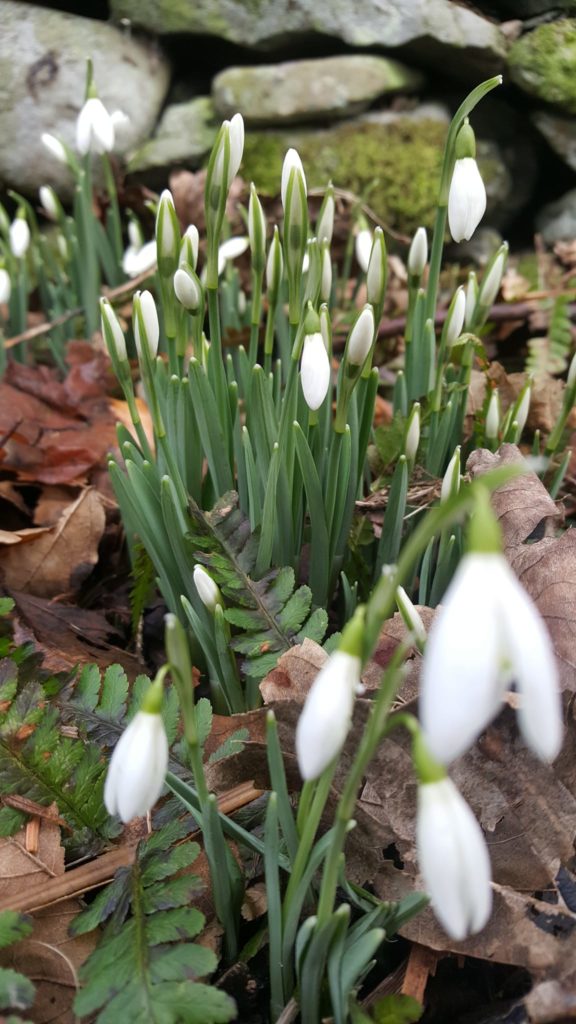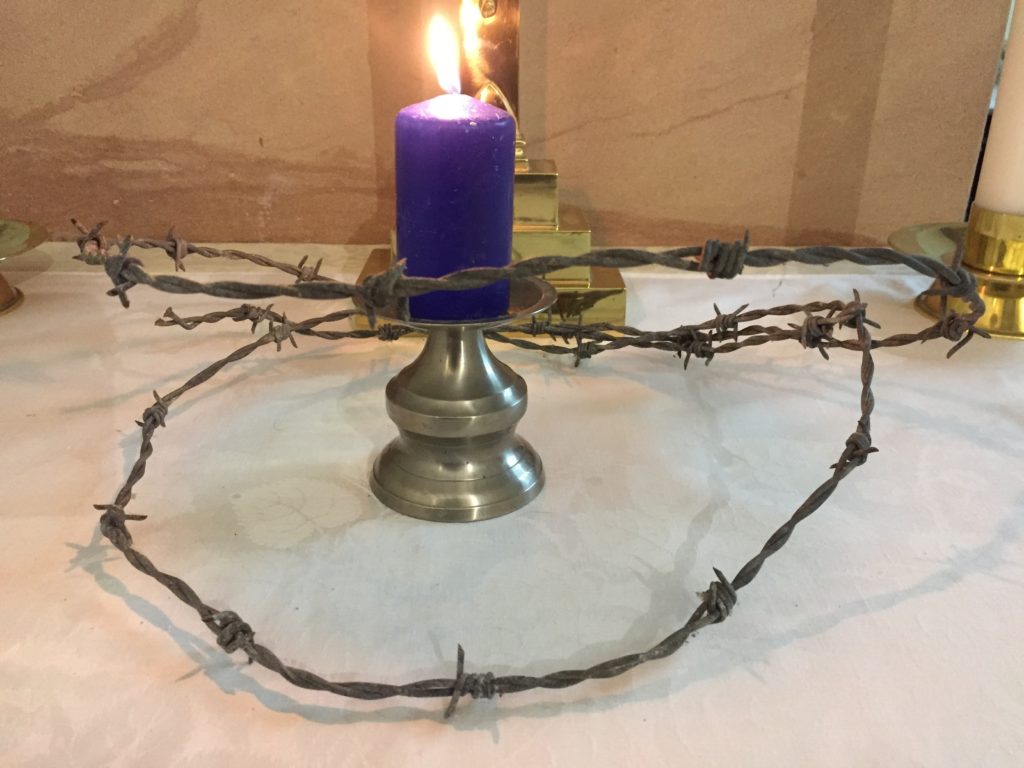“Jesus led them up a high mountain, by themselves. And he was transfigured before them.” From Matthew 17:1-9.
“I see you – wondering if God is just the translucence of a dream.” From ‘Rumours of Light’ by Gideon Heugh.
Today’s Gospel about the Transfiguration occurs after Simon Peter’s realisation that Jesus is the Messiah, which conflicts with his shortsightedness in understanding that this must lead to his death before resurrection. On the one hand, Simon Peter makes a huge leap of faith but is then called Satan by Jesus for being a stumbling block. Thank God for flawed disciples who are nevertheless called and used by God in his service, ordinary people and figures with whom we can identify.
Jesus takes only Peter, James and John up the mountain with him – this is not an experience all the disciples will have, for not all the things of God are for all believers. Matthew tells us that Jesus was transfigured before them, his face shining like the sun and his clothes dazzlingly white. He is joined by Moses and Elijah, representing the Law and the Prophets but, as this is happening, practical Peter wants to mark the event. Even as he speaks of building three shelters, a voice is heard saying “This is my Son, the Beloved…..listen to him!” (V5) It’s true of impetuous Peter, and perhaps of us, that we can sometimes rush through important matters rather than taking time to experience them fully – perhaps there are times when we also need to listen more and speak less.
Nothing is said of James’ and John’s reactions but when the voice is heard, the disciples fall to the ground in fear. Jesus comes to them, touches them reassuringly and tells them not to be afraid, speaking to their needs and not his own. He then tells them not to speak of this yet and all four of them make their way back down the mountain where Jesus heals an epileptic child. This wondrous experience, astounding as it is, leads on to the practicalities of serving and healing those at hand – glory and the cross mingle, as do disfiguration and transfiguration.
Perhaps, as we stand on the threshold of Lent, we should also consider what role the law and prophets play in our own lives and communities at a time when authority is under attack on so many fronts. Just this week, Lancashire Police have referred themselves for investigation into their handling of the disappearance of Nicola Bulley and changes to church practice over the blessing of same-sex marriage have led some to prophesy that it may lead to the collapse of the Anglican Communion. So much is contested and worrying – yet, amidst the Transfiguration is the figure of Jesus, encouraging and reassuring those who will ultimately flee from him during his arrest and yet will be leading figures in the spread of the Gospel after his resurrection.
So it is for us in our day – whether in the mountain top experiences of life or down in the depths of sorrow, the Transfiguration reminds us of the need to keep listening for the voice of Jesus and to care for those we meet, as did he. Lent is a good time to consider the desert places in our lives and to figure out where glimpses of God’s glory and his touch through prayer may enable us to perceive how light and hope will overcome fear – if we allow them to.
With my prayers; pob bendith,
Christine, Guardian.



